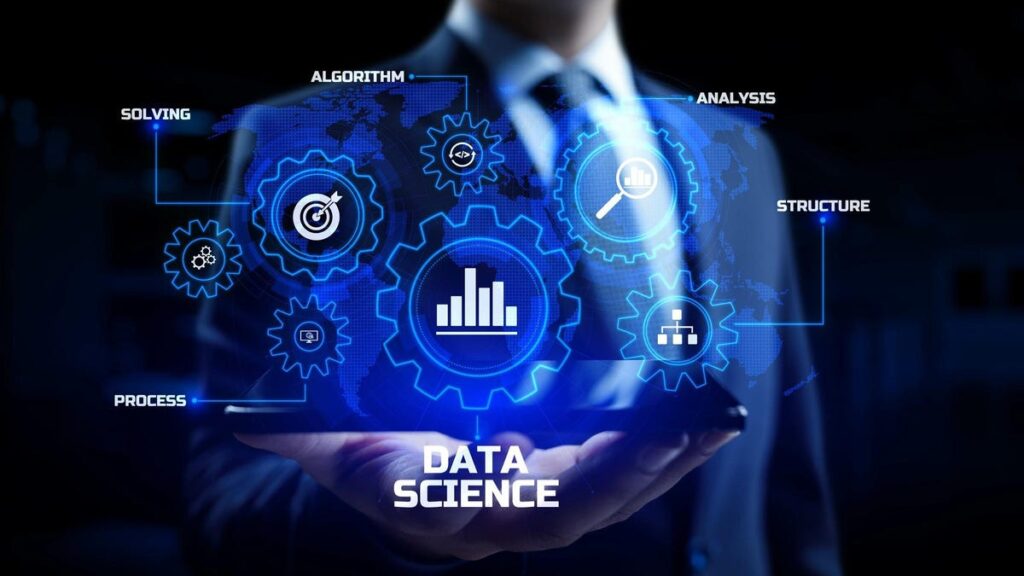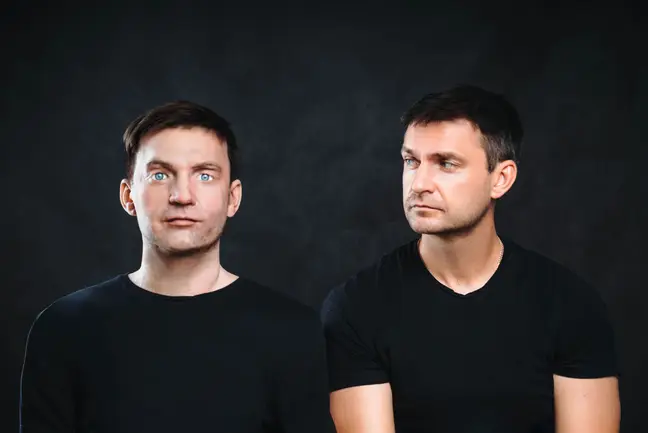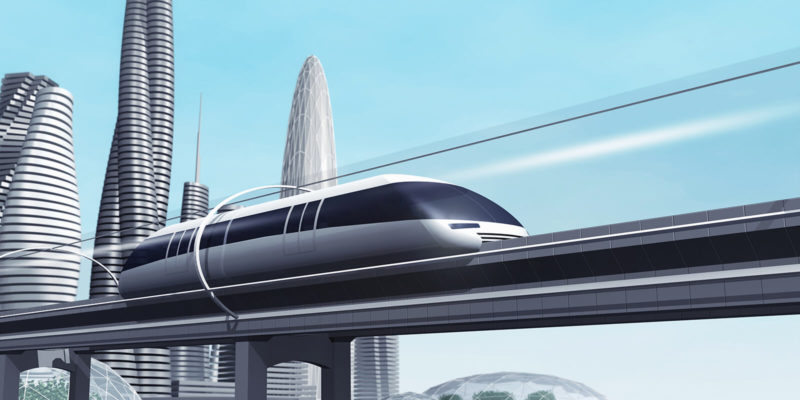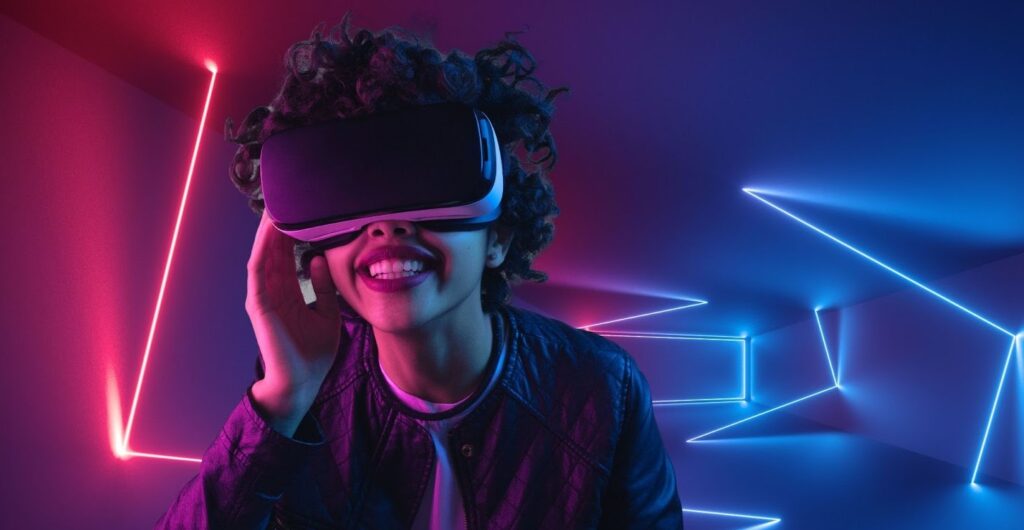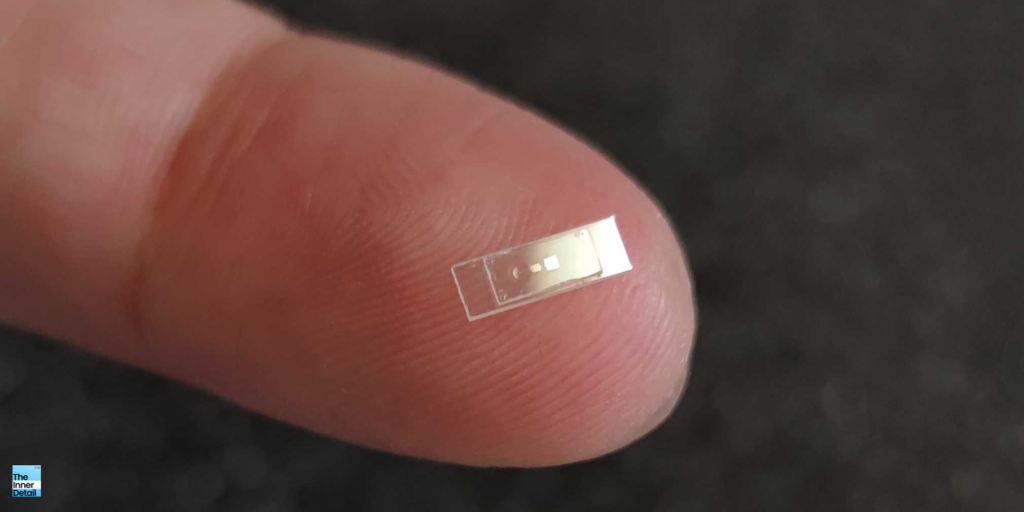While World marches for being more and more virtual and digital, people are failing to make physical connections with the fellow beings and somehow it flatters to be one of the reasons for clinical depression, in my opinion. Clinical depression is a serious medical condition that negatively affects how a person feels, thinks, and acts, and one of the biggest disorders afflicting humanity in the 21st century. People diagnosed with the condition may feel a persistent sense of sadness and/or a loss of interest towards life in general.
Treating depression allows only psychiatric counselling so far, just before this October. Now, technology reckoned a path in handling the disorder in its unique way leveraging its advancement, treating people with Brain implantation.
Depression & What it’s like?
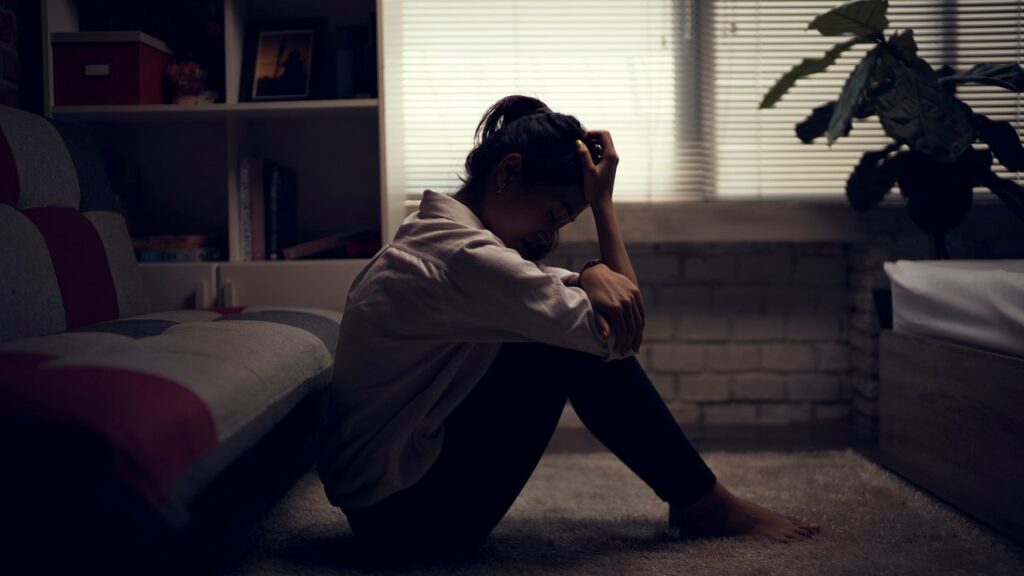
The word ‘depression’ may seem more common than generally believed, however, the phenomenon is quite devastating sucking out the interests & likes of the people that may even lead to suicidal thoughts. According to the United States Centre for Disease Control and Prevention (CDC), over 8.1 percent of all adults between ages 20 and above experience depression at least once in their lifetimes. Vulnerability of being diagnosed with this, for Indians is mostly non-existent.
It’s not about, say failures of money, love or desires. Any human could be susceptible irrespective of categories, but more open for overthinking people.
Bollywood heroine Deepika Padukone once admitted that she had been diagnosed with depression in 2014. She said, “It basically started in February 2014. I remember waking up one morning with this strange feeling in my stomach and it’s a feeling I don’t remember having ever felt before. For days after that, I felt empty, directionless and it just felt life had no meaning or purpose. I couldn’t feel anything physically or emotionally, I just felt this void and it’s difficult to articulate to someone who hasn’t experienced it”.
Although the disorder is treatable, using a combination of mood-boosting drugs and therapy, a small minority of patients afflicted with the illness grow resistant to the treatment. Neither therapy nor drugs work on them, and usually, medical science has been helpless about it – until now. A patient with severe depression has been successfully treated with a novel cure when all hope seemed lost.
Brain Implantation for Depression

When Sarah, 36 years old and severely depressed, sat down in a lab with a head full of surgically implanted sensors last year, the last thing she expected was to spontaneously cackle. She hadn’t laughed like that – a real, unforced laugh – in five years.
But something had happened: A subtle electrical shock deep in her brain had interfered with the dark anxious spirals her depression had sent her on since she was a child.
Sarah laughed, and the whole room was taken aback, researchers recalled.
Sarah, who had been unhelpful by any of the medications for depression, finally engaged into this deep brain stimulation (DBS) device devised specifically for her that sent a targeted jolt to the right spot in her brain.
Two researchers at the University of California at San Francisco (UCSF), Katherine Scangos and Andrew Krystal, called it “the most remarkable” experience of their psychiatric careers and Sarah is the first patient in the world to undergo this experimental treatment.

What they did is, mapped out a depressed patient’s brain circuitry and identified biological markers that told them symptoms of depression were coming, and implant a device to deliver targeted electrical stimulation and aid immediate relief in something like a cranial call and response. The implant the UCSF team used called a NeuroPace device was granted an investigational exemption by the Food and Drug administration but it hasn’t been cleared for more general use in treating depression.
A neurosurgeon and senior study author named Edward Chung identify the possibility of using brain stimulation for depression years ago why is he was treating epileptic patients with electrical stimulation and noticed a difference in their moods, anxiety and depressive symptoms.
Unlike the usual DBS treatments that send a constant flow of electricity into the brains of epileptic and Parkinson’s patients, the treatment used on Sarah involves stimulations lasting only 6 seconds at a time, once each time a specific depressive biomarker is identified. Researchers discovered that the therapeutic effects of stimulation didn’t stop when the electrical current stopped – they persisted.
Latest Posts
- How to make Money on Instagram in 2024? – 7 Best Ways
- ₹1,499 JioTag Air is the best alternative for Apple AirTag: Check Specs & Compare
- AI bots now feed on all websites & blogs. But you can stop it – Here is How
- Google DeepMind’s new AI model can generate Audio from Video: Check how it works
- Story of ‘Nvidia’ – from the verge of bankruptcy to Trillion-dollar company
“The idea of stimulating somebody and just a few seconds later, them saying, ‘my depression is gone’ … it is just stunning,” Krystal said. “They have this experience where they haven’t felt this good in years, they get hope. They feel like there’s a sense of relief that it feels like it’s not their fault because it’s changeable by moderating brain circuitry. It’s not that they didn’t do something right. It’s clearly linked to their body, their biology”.
That instantaneous relief is a new feat achieved by humankind and is of-course appreciative. Thanks to Technology (though it puts people into solitude🙃).
Related Posts:
This Gaming headset scans your Brainwaves & notifies your weaknesses
Brain Chip lets a Paralyzed man to write his thoughts just by thinking in his mind
Elon Musk’s Neuralink – From Rat to Pig – A brain-computer interface


